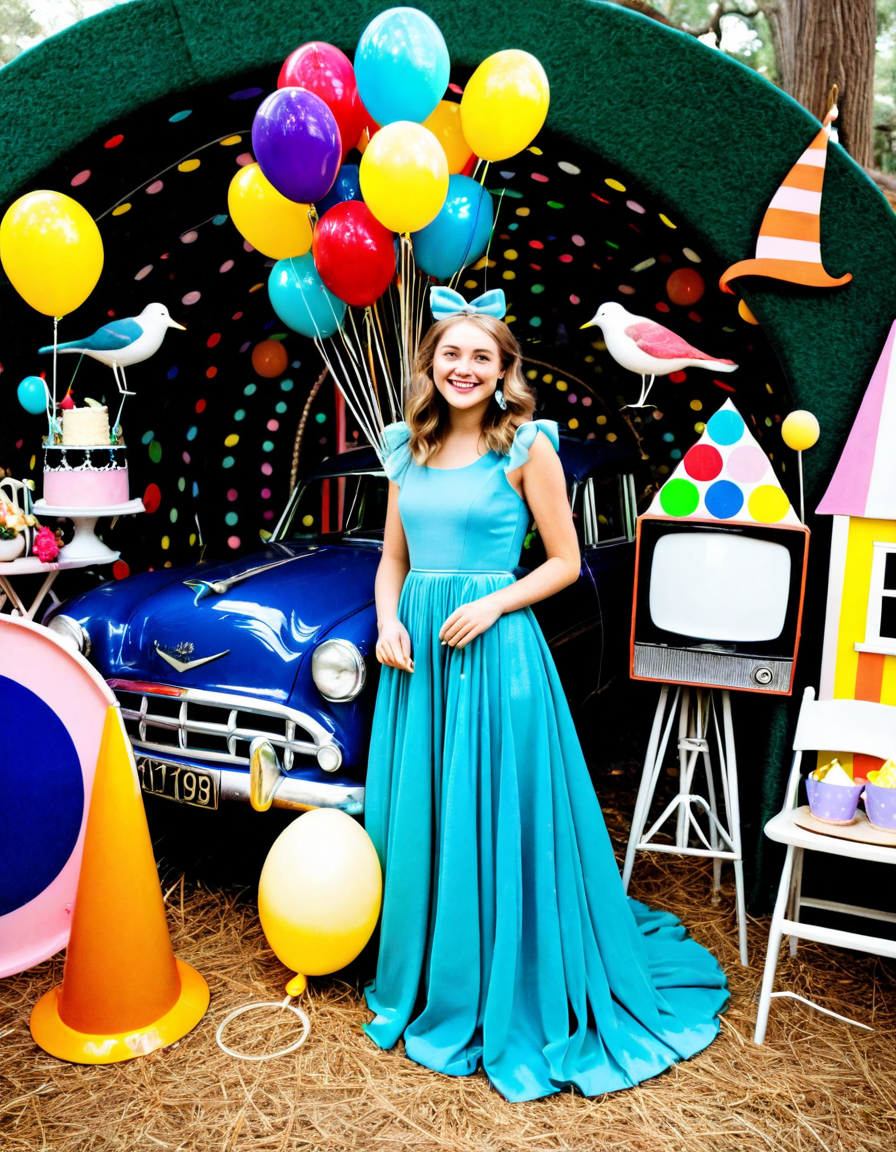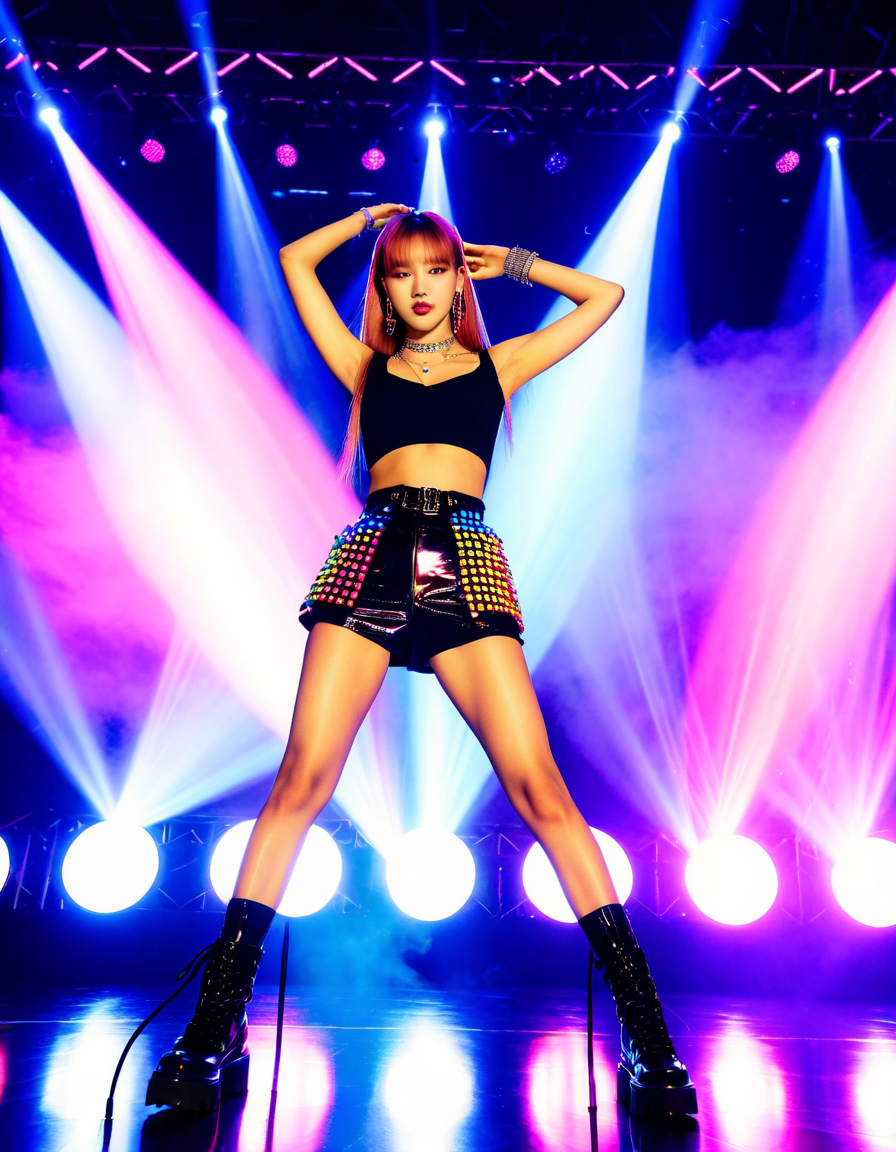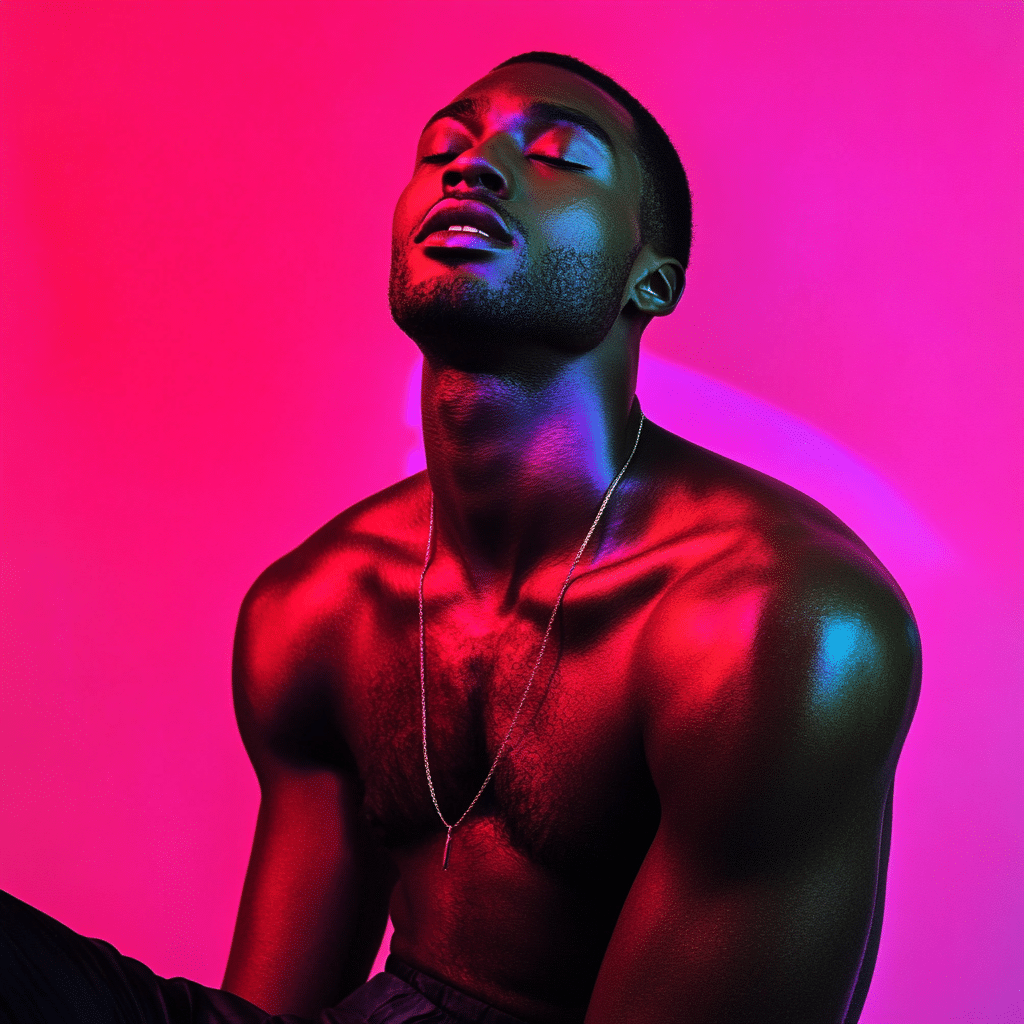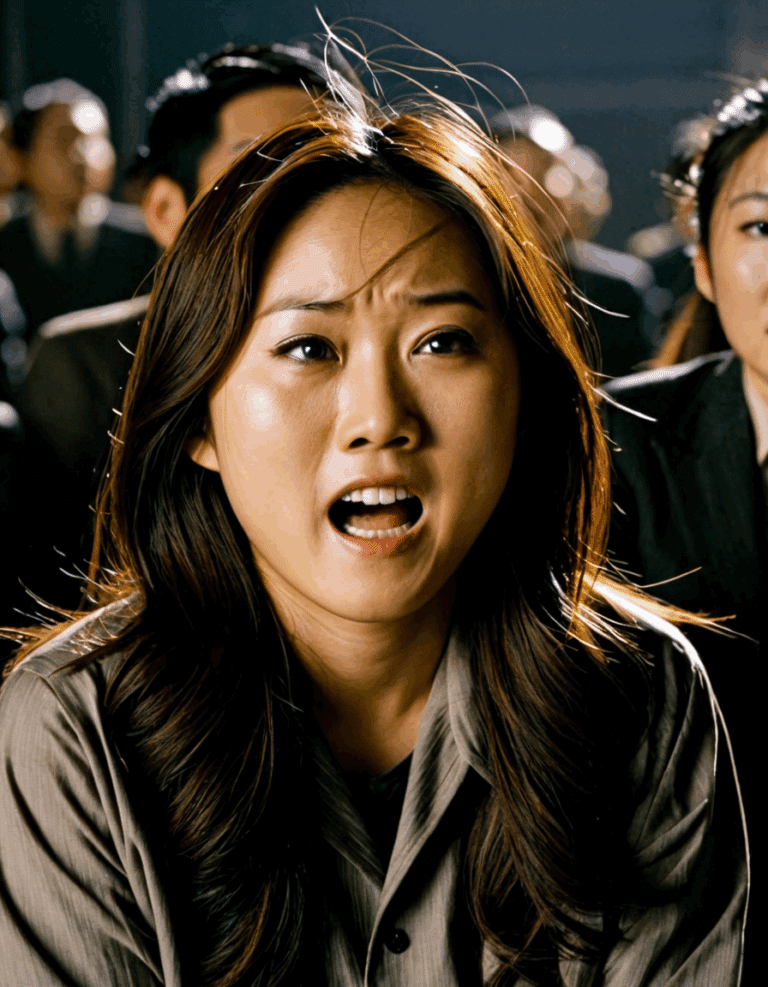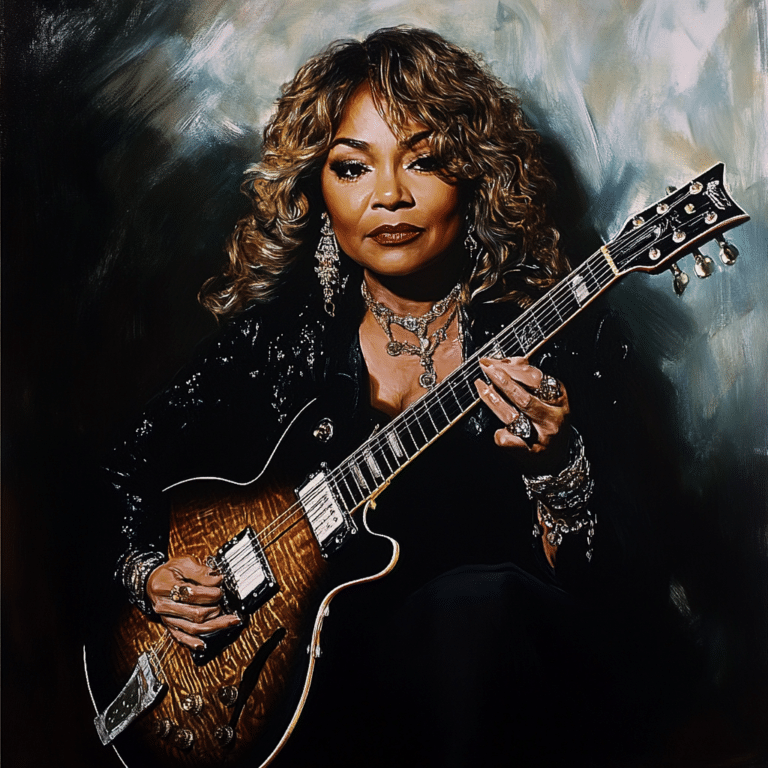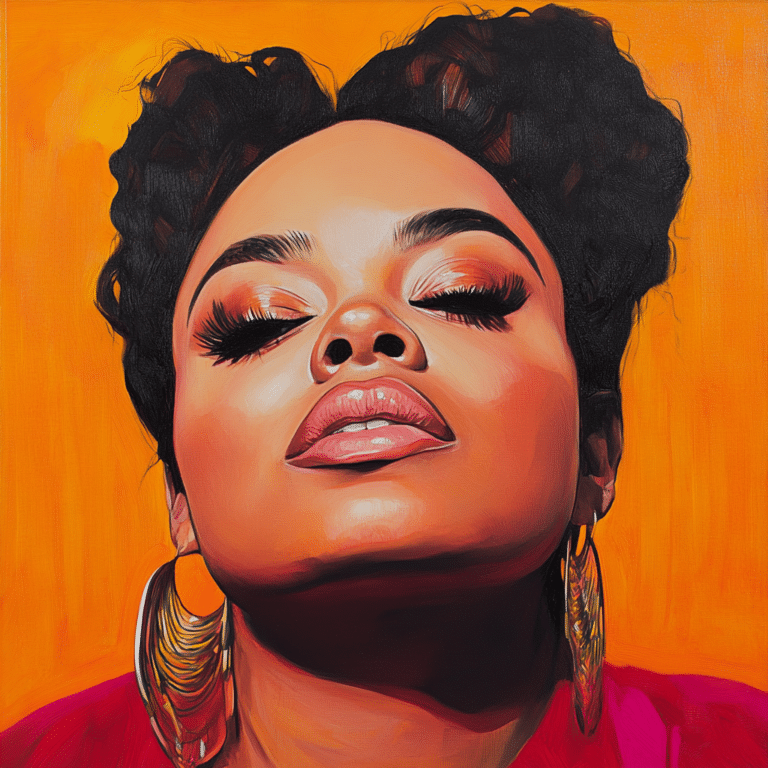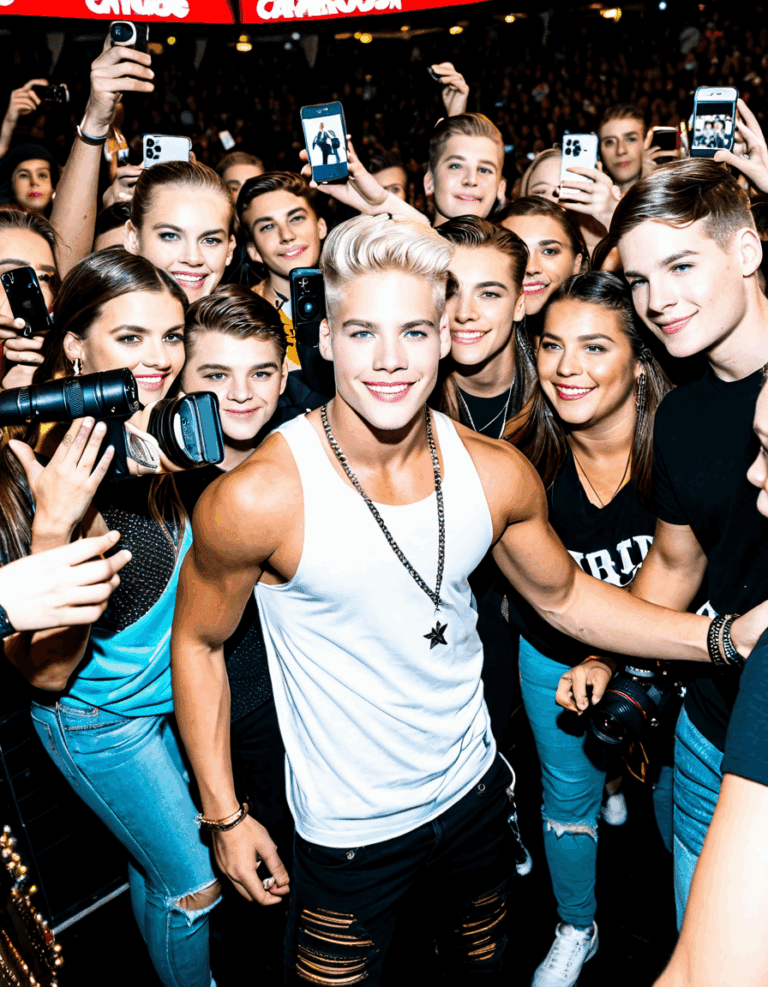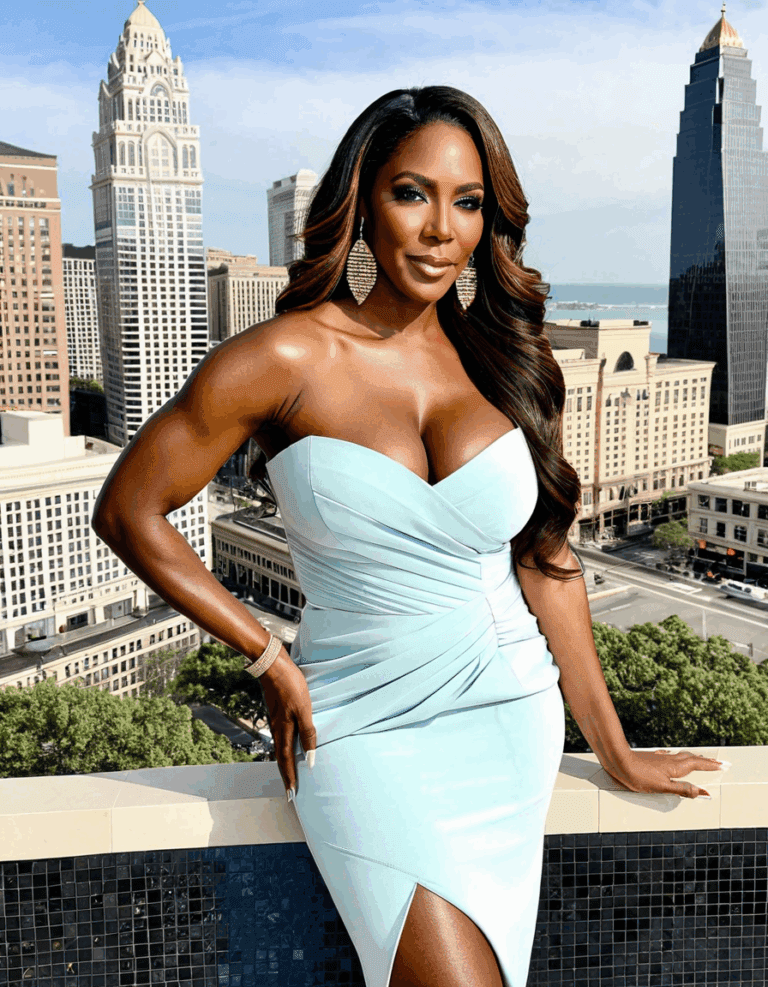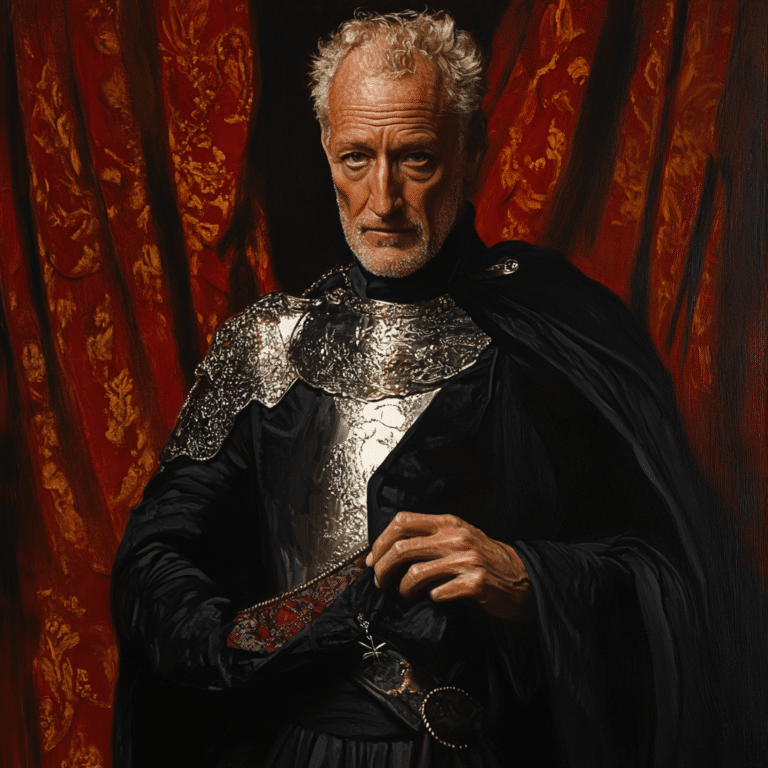Ah, Karen—the name that has become synonymous with entitlement, often used to humorous (and sometimes, not so humorous) effect. It’s fascinating, isn’t it? What began as a light-hearted jab at a particular character in our cultural landscape turned into a deep conversation about privilege and social dynamics. With the term popping up everywhere, from memes to news articles, let’s dive into the intriguing story behind this viral sensation.

1. The Origins of the Karen Meme: How It All Began
The term “Karen” really took shape around early 2020, just as the world began facing significant conversations about race and social justice. It started as a comedic stereotype depicting a middle-aged white woman who’s often entitled and, let’s face it—sometimes a bit obnoxious. The real kicker? Incidents like the viral video of Amy Cooper, who called the police on a Black birdwatcher in Central Park, brought the concept to the forefront of public discourse. It was a perfect storm, mixing social media, viral content, and societal issues.
Initially, platforms like Twitter and TikTok became hotbeds for the burgeoning meme, with users posting their own “Karen” encounters. These were often accompanied by cheeky captions or taglines that would have anyone chuckling. But what’s crucial to understand is how this meme crystallized around specific incidents that exposed racial tensions and notions of privilege.
Soon enough, “Karen” transformed from just a meme into a symbol. It echoed larger societal themes about entitlement, race, and accountability. The term became layered, reflecting both humor and pain as it tapped into uncomfortable truths we often try to ignore.

2. Top 7 Iconic Karen Moments That Defined the Meme
Now, let’s take a look at some defining moments that made Karen a household name. It’s mind-blowing to witness how these episodes highlight social dynamics in a bite-sized way. Here are seven iconic Karen moments that turned the internet upside down:
3. The Societal Reaction to the Karen Phenomenon
The public reaction to the Karen phenomenon has been a mixed bag, ranging from hearty laughs to serious critique. For many, it serves as a humorous take on privilege, allowing conversations about race and accountability to bubble to the surface. It makes folks chuckle, even as it dissects real issues that plague our society.
But let’s get real—while some see laughs, others have voiced concern. Critics argue that pigeonholing women as “Karens” might perpetuate ageism and sexism. Social media can be a merciless judge, and conversations around women’s behavior often veer off into uncomfortable territory. There’s a lot to consider here.
Public figures have entered the fray too! Comedians and commentators alike have had varying takes on the term. Some embrace it, using the humor it provides as a means to discuss serious topics, while others caution against reducing women to a stereotype. It’s a nuanced debate, with several layers.
4. Brands and ‘Karen’: Marketing and Meme Integration
Now, here’s where it gets interesting—brands have begun to leverage the concept of “Karen” in their marketing strategies. Dove and Coca-Cola, for example, have creatively tapped into the meme to promote social responsibility and empathy. But tread carefully; the waters can be murky.
Conversely, some brands have waded into problematic territory. Pepsi faced backlash for referencing entitled customers in an advertisement, unintentionally coming off as tone-deaf. It goes to show that while humor can sometimes sell, it can also stir unintended controversies.
Brands are dancing a fine line here. The “Karen” meme offers a powerful lens through which to engage customers, but it comes with risks. The appearance of contradiction—using humor while addressing sensitive issues—makes for a tricky market environment.
5. The Evolution of the Karen Stereotype in Pop Culture
Let’s talk pop culture! The Karen figure has become so iconic that its essence has transcended memes and entered mainstream media. Shows like “The Office” poked fun at entitled characters well before the term hit the fan. More recently, the film “The Karen” (2021) employed the stereotype to explore deep-seated racial tensions, showcasing how media reflects and influences societal attitudes.
Platforms like TikTok have substantially altered how the “Karen” stereotype circulates. What was once a linear view of entitled behavior has become a multi-faceted portrayal, allowing for new interpretations that can evoke empathy instead of scorn. Striking the right balance is key.
As society continues grappling with different narratives, “Karen” is a canvas where these conversations unfold. It invites scrutiny and opportunities for growth, whether through laughter or earnest dialogue.
6. The Future of ‘Karen’: Trends and Predictions
So, what’s next for our pal Karen? As conversations surrounding privilege and accountability persist, the longevity and relevance of the meme remain uncertain. Trends from platforms like Google and Reddit show a fluctuating interest in “Karen” both as a term and a stereotype.
The meme’s future may hinge on how society continues adapting to changing dynamics. Will it transform into something outdated, or will new interpretations keep it alive? As we continue to push towards inclusive narratives, the Karen phenomenon provides a fascinating lens through which to examine social complexity.
The journey of the ‘Karen’ meme has transitioned from a simple laugh to a complex discourse that resonates across generations. What started as a sheer joke has grown into deeper conversations about race, privilege, and identity. As we move forward, the future of ‘Karen’ serves as a reminder that while the mirror may reflect our absurdities, it also holds the potential for learning and growth.
Exciting, isn’t it? Well, the saga of Karen isn’t merely a flash in the pan; it’s an evolving narrative that urges us to reflect, laugh, and strive for understanding.
Karen: The Intriguing Story Behind a Viral Sensation
The Rise of Karen in Pop Culture
The name “Karen” has morphed into a symbol in popular culture, representing entitled behavior that often leads to viral moments. Its roots in social media can be traced back to various videos showcasing individuals exhibiting a sense of entitlement in retail and public spaces. Interestingly, the meme gained traction after it was humorously discussed on platforms such as “Crooks and Liars,” driving conversations and generating countless parodies.
Alongside that, figures like Ellen Degeneres have referenced the Karen phenomenon in comedic segments, turning the name into a cultural touchstone that’s hard to ignore. However, it wasn’t just these mainstream mentions that fueled its popularity; the online community quickly jumped on the bandwagon. For instance, the viral comedic sketches featuring “Karen” have been compared to those made by talented actors like Chuku Modu, who continue to redefine humor and social commentary in modern entertainment.
Karen and its Impact on Celebrity
Celebrity reactions to the Karen meme have been fascinating. Many have embraced it with humor, while others have sought to clarify misconceptions. In a shocking twist, even beloved stars like Cindy Williams have had their fair share of “Karens” to deal with in their careers, often blending humor with advocacy for kindness. It’s also fun to note that characters named Karen have popped up in pop culture references, similar to other symbols like Bonnie, bringing a more lighthearted view to the name and creating a dialogue around societal behaviors.
But let’s not overlook the darker side of this trend. As it became mainstream, discussions around privilege and entitlement transformed. Media platforms and influencers—like Sandra Rose—have scrutinized the implications behind the Karen stereotype, effectively inviting audiences to reflect on societal labels and the importance of empathy.
The Legacy of Karen in Everyday Life
The cultural significance of Karen extends beyond memes and TV shows; it’s sparked larger conversations about behavior in public spaces. Many are now even asking themselves the question: “Can I pay my home mortgage with a credit card?” as they navigate their financial journeys—emphasizing the need for understanding and responsibility in all aspects of life, including how we treat one another as consumers.
Moreover, as trends shift, so does the perception of Karen. While it started as a humorous critique, it has evolved into an opportunity for growth and understanding. This evolution reminds us that social media trends can trigger real-world discussions about accountability and kindness, connecting people in unexpected ways, much like how audiences rallied around characters and stories that challenge societal norms. In the end, the story of Karen serves as a potent reminder of the influence of behavior and narrative in the world today.










